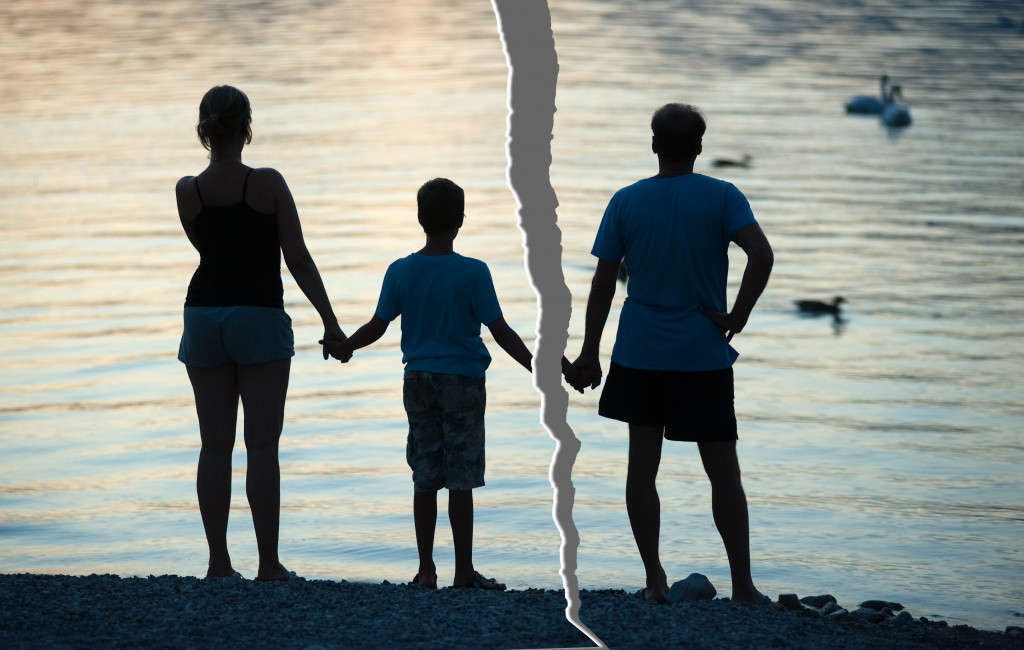- Broken families, a rising issue in the U.S., have far-reaching economic, social, and emotional impacts on the broader community.
- Economic consequences include financial struggles and increased dependency on public assistance, burdening community resources.
- Social consequences manifest as emotional and behavioral challenges for children, impacting their academic and personal life.
- Broken families heighten the risk of substance abuse and parental conflicts, leading to various social problems.
- Community leaders can address these issues through child custody arrangements, enhanced mental health services, and community programs.
Broken families are a common problem in today’s society. It is a situation that can arise due to various reasons, such as divorce, separation, or the death of a family member. When families break apart, it not only affects the members themselves but has severe consequences on the entire community. Families are the building blocks of society, and every society comprises numerous families. When these families are broken, it ripples beyond the families themselves. Here’s what you need to know about broken families, how it can affect your community, and what you can do about it.
Broken Families in The U.S.
It’s estimated that 35% of American adolescents live with only one parent. That figure has steadily increased since the 1960s, wherein only 9% of households with children were headed by single-parent families. This rise in single-parent homes is largely due to the divorce rates in the US. While marriages can still be a source of stability and strength for many communities, when marriages end, they can immensely impact the community.
How Broken Families Affect The Community
When broken families are present in a community, it can have far-reaching consequences for the people living there. Here are some of those effects:

1. Economic Consequences
Broken families can lead to financial struggles, especially for single-parent households. Children from broken homes are likelier to live in poverty and have fewer educational opportunities than intact families. The loss of a parent’s income can cause a financial strain on the household, making it challenging to meet basic needs like food, housing, and medical care. This can lead to increased dependence on public assistance, which burdens the community’s resources.
2. Social Consequences
Children who come from broken families may face social challenges as well. They may struggle with emotional and behavioral problems in school or have difficulty making friends. This can lead to truancy, bullying, and poor academic performance. These children’s social and emotional difficulties can persist into adulthood, affecting their ability to form healthy relationships and succeed personally and professionally.
3. Increased Risk of Substance Abuse
Children from broken families are more likely to abuse drugs and alcohol. The trauma of a broken family can lead to feelings of anxiety, depression, and hopelessness, which can eventually culminate in substance abuse. Parents dealing with broken families may also use drugs or alcohol to cope with stress, leading to substance abuse problems.
4. Parental Conflict
Children from broken families may experience parental conflict, which can cause emotional harm. Ongoing parental conflict can create an unhealthy family environment, increasing stress and anxiety among family members. This conflict may also spill over into the community, leading to confrontations, domestic violence, and other social problems.
5. Behavioral and Emotional Problems
Children from broken families may exhibit behavioral and emotional problems that can affect their well-being. They may be more likely to experience depression, anxiety, and behavioral issues like aggression and hyperactivity. These problems can affect their academic performance, ability to form healthy relationships, and overall health and happiness.
Dealing With This Problem
As a community leader, you must find ways to deal with this problem. Here are three effective ways to do that:

Concentrate on Child Custody
First, it’s essential to concentrate on the children’s future. Keeping a family together can be hard since many variables are at play. However, by having experienced custody lawyers in your community, you can secure the children’s future in broken families. These lawyers work for the child’s best interests and can provide stability for families.
Enhance Mental Health Services
There is an increased need for mental health services in communities with broken families. These services should include counseling, therapy, and support groups to help family members cope with their issues. These programs can provide people with emotional support and guidance they may not find elsewhere.
Create Community Programs
Last, create community programs geared toward helping families with broken homes. These could include tutoring for children, job training and adult assistance, and mentorship programs for at-risk youth. This kind of support can help struggling families stay afloat during tough times and provides an outlet for family members to get the necessary resources.
No one wants to see broken families in their community, and it’s essential to take action when this problem arises. By understanding how broken families can affect your community and taking steps to address these issues, you can help ensure that future generations will be more stable and successful.

